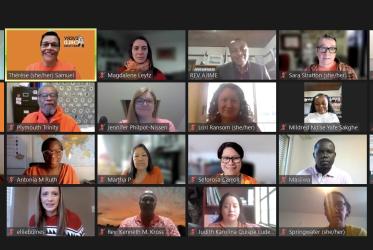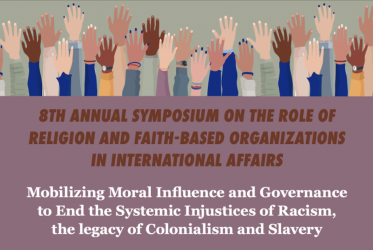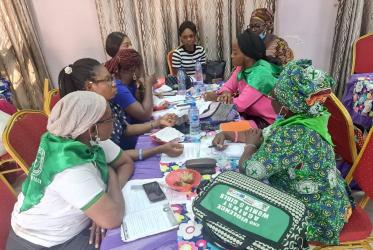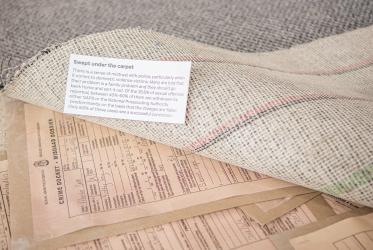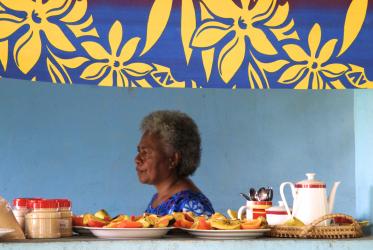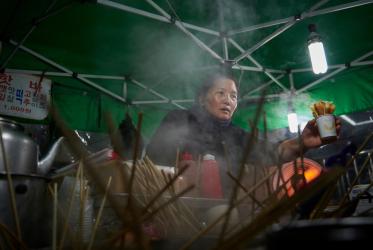Displaying 1 - 20 of 47
Nigerian churches train women and girls on human rights
20 December 2021
Churches can address root causes of femicide—and webinar reveals how
01 December 2021
Freedom of religion rooted in justice
06 March 2020
The cry of the Papuans in Indonesia
14 November 2019
Churches in southern Africa stand against violence, xenophobia
10 October 2019
WCC gravely concerned for West Papua
25 September 2019
Dr Saïd Ailabouni: God is on the side of rejected, oppressed, occupied
12 September 2019
Romani people seek “lives of decency, dignity, and justice”
27 September 2018
